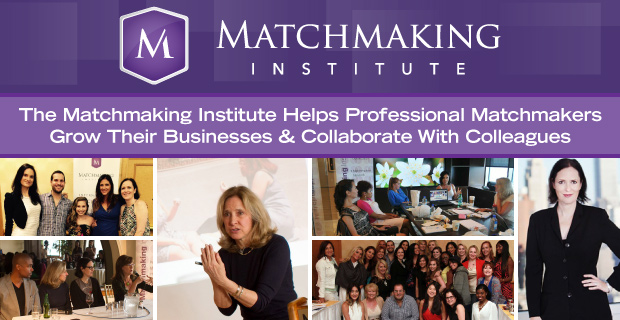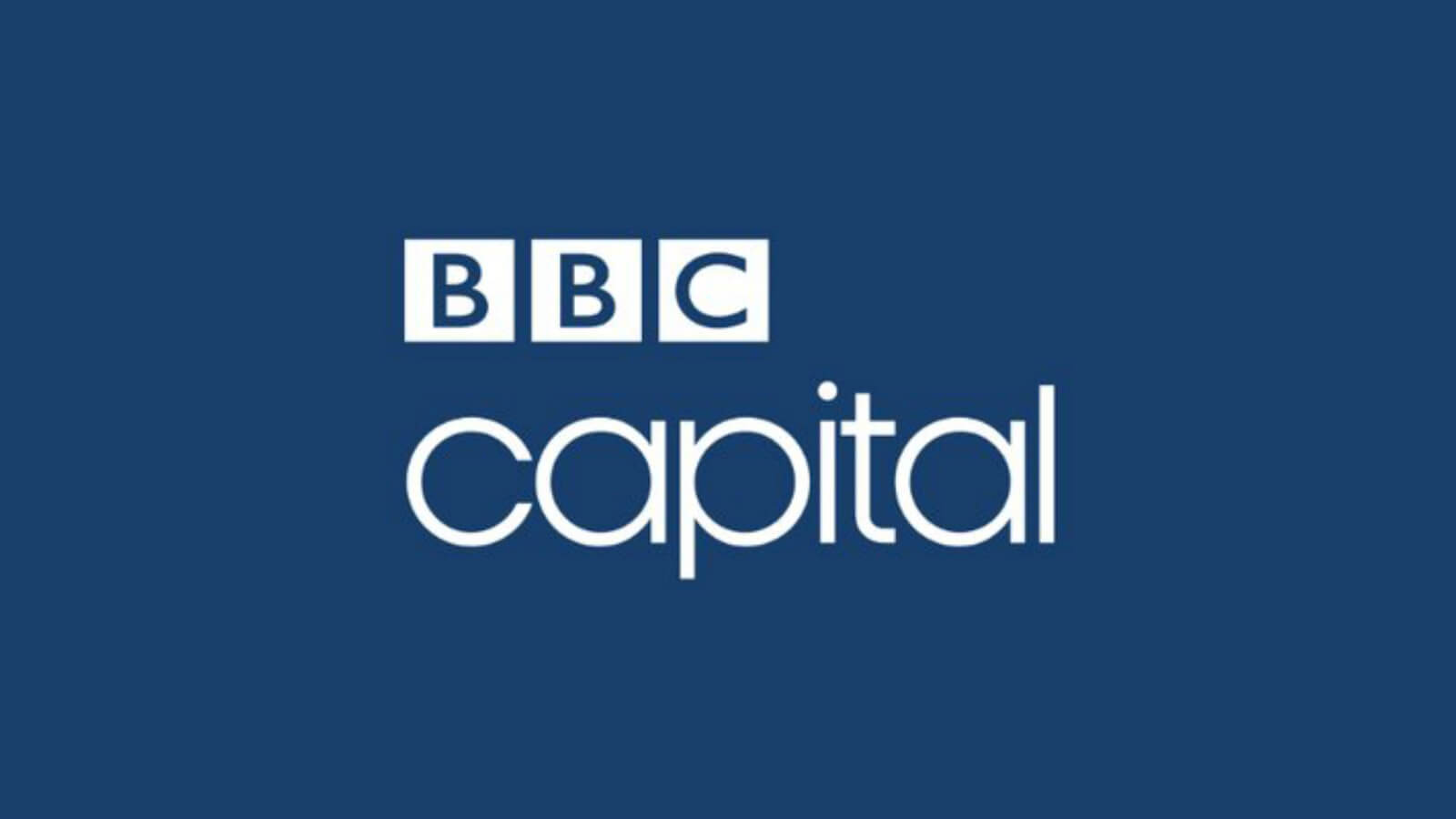Some singles are giving up on personal ads and online dating services to find true love. Instead, they are turning to professional matchmakers for help. Although it may seem old-fashioned, the profession is thriving in the United States.
Copyright © 2008 NPR. For personal, noncommercial use only. See Terms of Use. For other uses, prior permission required.
LIANE HANSEN, host:
Now, for a trip to a matchmaking school in New York City and it doesn’t involve meditating in front of pudgy naked Cupid statues or listening to that famous fiddler on the roof show tune. Stephanie Marudas has the story.
STEPHANIE MARUDAS: While anybody can be a matchmaker, some people, like Ann Robbins, are learning Cupid’s trade at matchmaking school. Robbins got interested in the profession when she started dating after being widowed.
Ms. ANN ROBBINS (Matchmaking School Student): Friends that set me up, I would look at them and say, what are you thinking? Don’t you know me better than this? So I walked away from that whole experience saying there’s just a desperate need for single professional people to meet other single professional people with some dignity and professionalism behind it.
MARUDAS: At the Matchmaking Institute in New York City, Robbins and eight other students have come from far away places, like California and Florida for a one-day crash course. They sit in a circle of chairs around the coffee table topped with a heart-shaped bowl of Hershey Kisses and take notes.
Ms. LISA CLAMPETT (Matchmaking Teacher): So, must-haves and deal breakers.
MARUDAS: Matchmaking teacher Lisa Clampett jots down some nuts and bolts questions a matchmaker should ask the client.
Ms. CLAMPETT: What would make a good match for you? What age range are you looking for? Do you have a particular physical taste?
MARUDAS: Clampett teaches the class that matchmakers should also coach clients to kiss goodbye any hurdles, like emotional baggage, and to slow down in the race for bed.
Ms. CLAMPETT: So, when we’re going and immediately sleeping with someone it’s false intimacy too soon. And it’s really taking away the effort of the curiosity in getting to know someone and whether they’re right for you or not.
MARUDAS: Clampett puts her students to the test through role play situations. In the one you’re about to hear Ann Robbins plays the matchmaker and tells the client, another student named Liane Moreau, why the guy she recently went out with won’t be calling.
Ms. ROBBINS: So, maybe if you had had the time to go home after work, freshen up…
Ms. LIANE MOREAU (Matchmaking Student): Oh no, Ann.
(Soundbite of laughter)
Ms. ROBBINS: I know. I’m sorry.
Ms. MOREAU: What are you saying? Wait. Give me more specifics. I need more specifics.
Ms. ROBBINS: He said it would have been a more enjoyable experience if you smelled cleaner and fresher.
Ms. MOREAU: Oh no. I knew that Christmas tree in the taxi was bad.
(Soundbite of laughter)
Ms. MOREAU: Oh no. Well, please tell him this isn’t a normal thing. I mean…
Ms. ROBBINS: ‘Cause the first time I met you, you looked great, you smelled great, you had a fresh look about you. Let’s talk about some thing that maybe could change for the future.
Ms. MOREAU: Okay.
MARUDAS: And perhaps that’s Cupid’s biggest secret: matchmakers just don’t help people find relationships, they also give dating advice, like how to zap bad breath before a good night kiss. In an era of online dating, matchmakers might seem old-fashioned but the dollar signs behind them are not. Matchmaking is close to becoming a quarter-billion-dollar industry.
For NPR News, I’m Stephanie Marudas in New York City.
HANSEN: This is NPR News.



